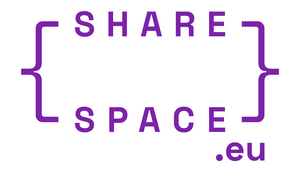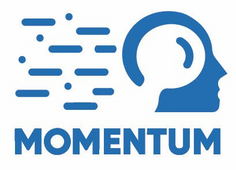
Research Departments
- Agents and Simulated Reality 7
- Augmented Vision 3
- Cognitive Assistants 17
- Cognitive Social Simulation 1
- Cyber-Physical Systems 8
- Data Science and its applications 1
- Design Research eXplorations 2
- Educational Technology Lab 3
- Embedded Intelligence 1
- Institute for Information Systems 1
- Interactive Machine Learning 7
- Robotics Innovation Center 7
- Smart Data & Knowledge Services 1
- Smart Service Engineering 2
- Speech and Language Technology 5
Research Topics
- Autonomous Systems 10
- Data Management & Analysis 11
- Human-Machine Interaction
- IT Security 3
- Image Recognition & Understanding 7
- Language & Text Understanding 12
- Machine Learning & Deep Learning 30
- Other 7
- Robotics 11
- Sensors & Networks 11
- Virtual & Augmented Reality 9
Fields of application
- Environment & Energy 8
- Farming & Agricultural Technology 2
- Financial Sector 3
- Health & Medicine
- Industrie 4.0 17
- Knowledge & Business Intelligence 4
- Learning & Education 11
- Mobility 9
- Other 12
- Smart Home & Assisted Living 16
- Trade & Logistics 9
Search narrowed by:
Displaying results 11 to 20 of 52.
Research Departments
- Agents and Simulated Reality 7
- Augmented Vision 3
- Cognitive Assistants 17
- Cognitive Social Simulation 1
- Cyber-Physical Systems 8
- Data Science and its applications 1
- Design Research eXplorations 2
- Educational Technology Lab 3
- Embedded Intelligence 1
- Institute for Information Systems 1
- Interactive Machine Learning 7
- Robotics Innovation Center 7
- Smart Data & Knowledge Services 1
- Smart Service Engineering 2
- Speech and Language Technology 5
Research Topics
- Autonomous Systems 10
- Data Management & Analysis 11
- Human-Machine Interaction
- IT Security 3
- Image Recognition & Understanding 7
- Language & Text Understanding 12
- Machine Learning & Deep Learning 30
- Other 7
- Robotics 11
- Sensors & Networks 11
- Virtual & Augmented Reality 9
Fields of application
- Environment & Energy 8
- Farming & Agricultural Technology 2
- Financial Sector 3
- Health & Medicine
- Industrie 4.0 17
- Knowledge & Business Intelligence 4
- Learning & Education 11
- Mobility 9
- Other 12
- Smart Home & Assisted Living 16
- Trade & Logistics 9






